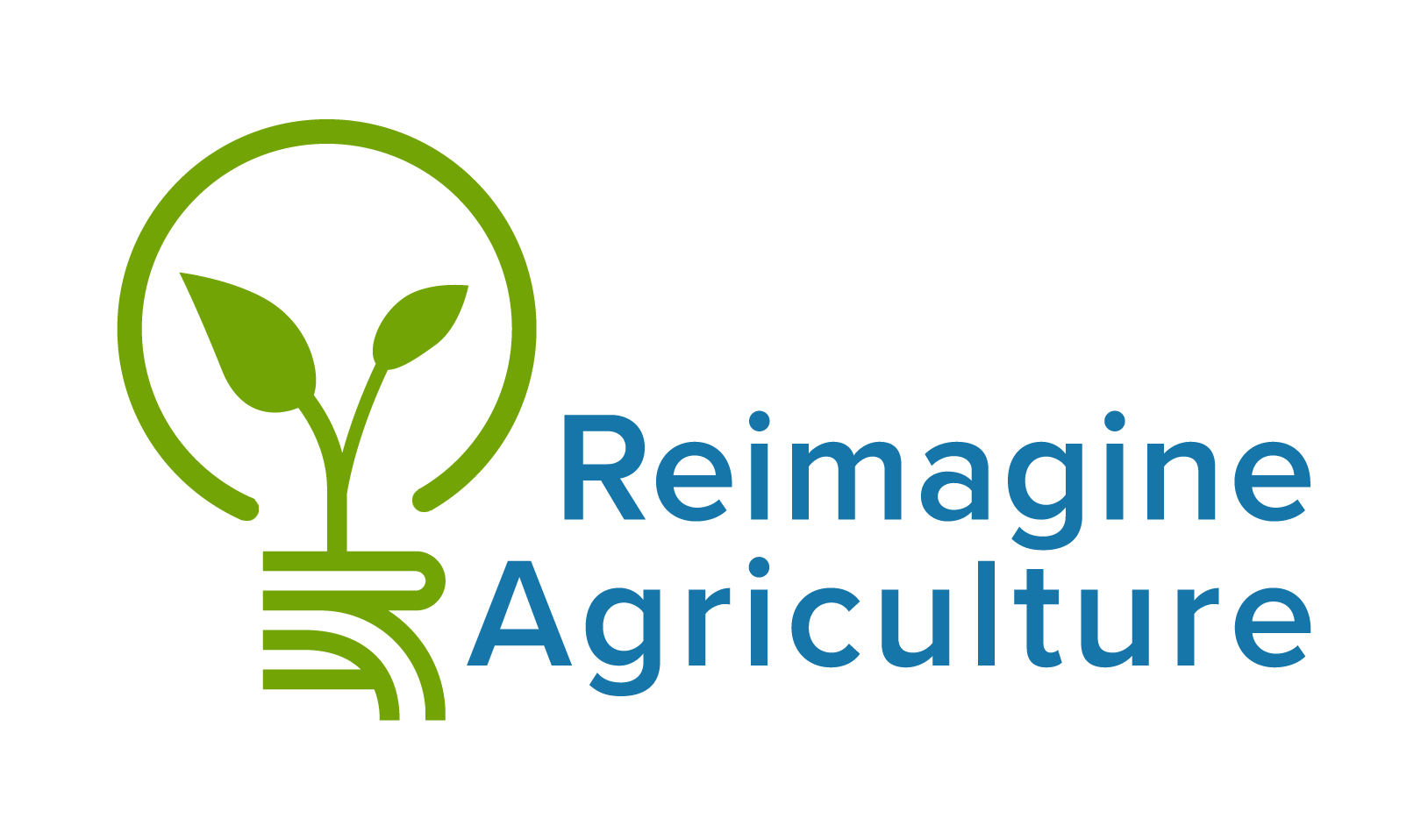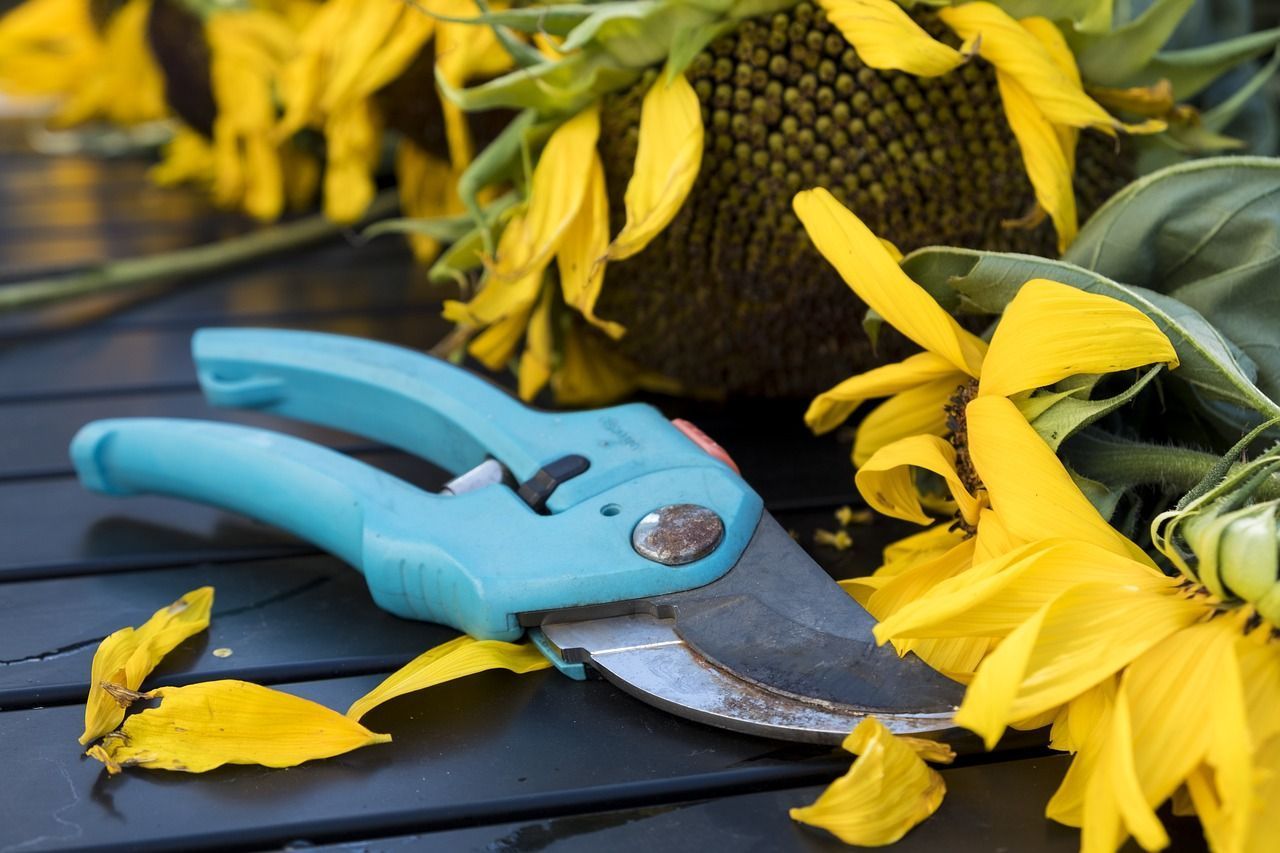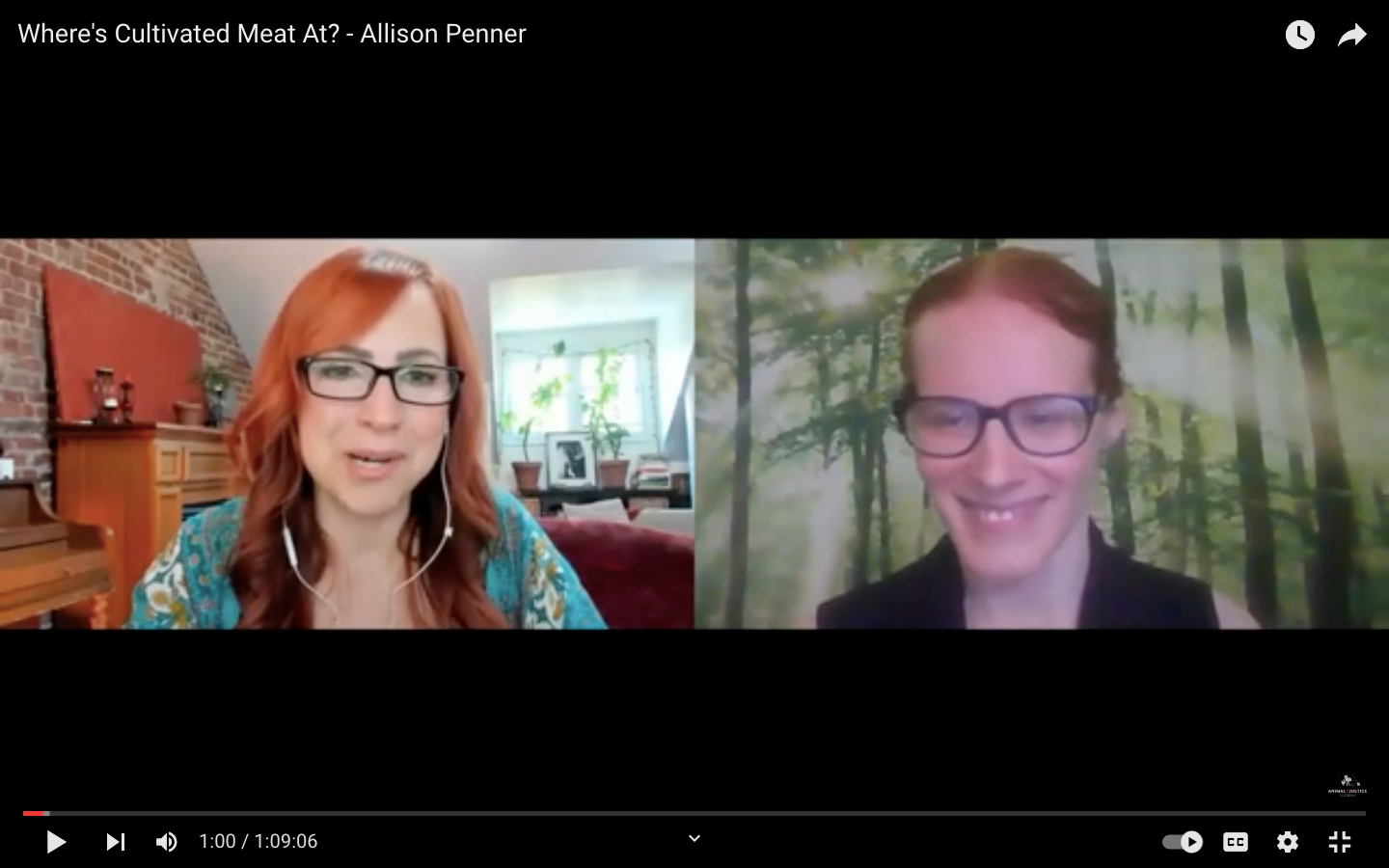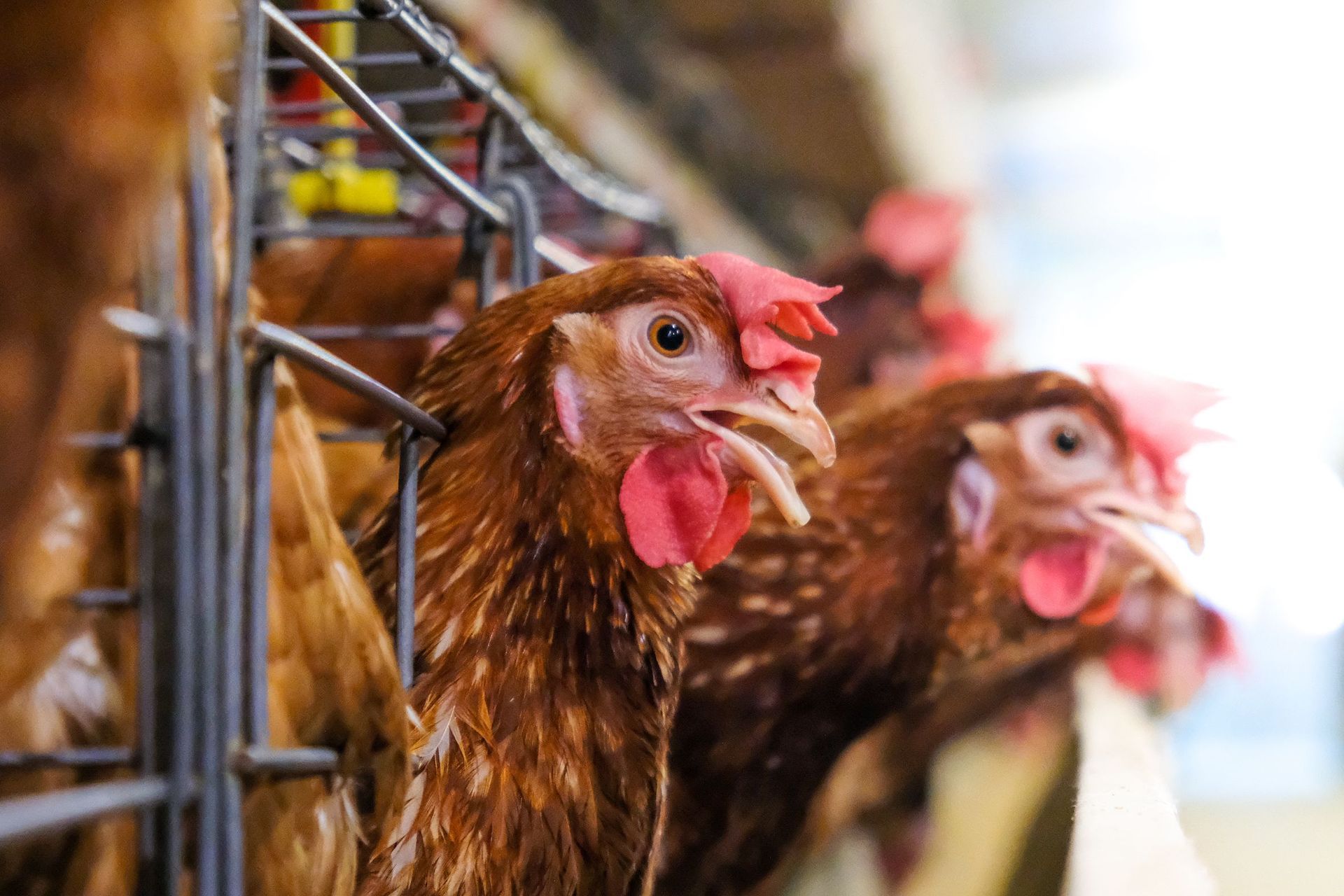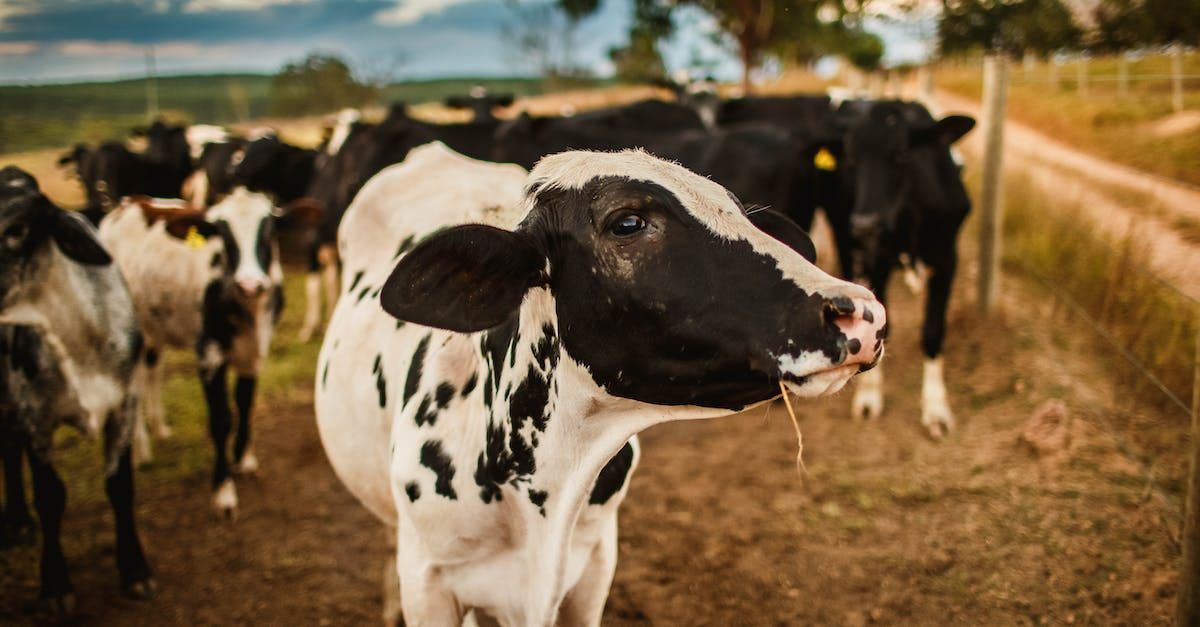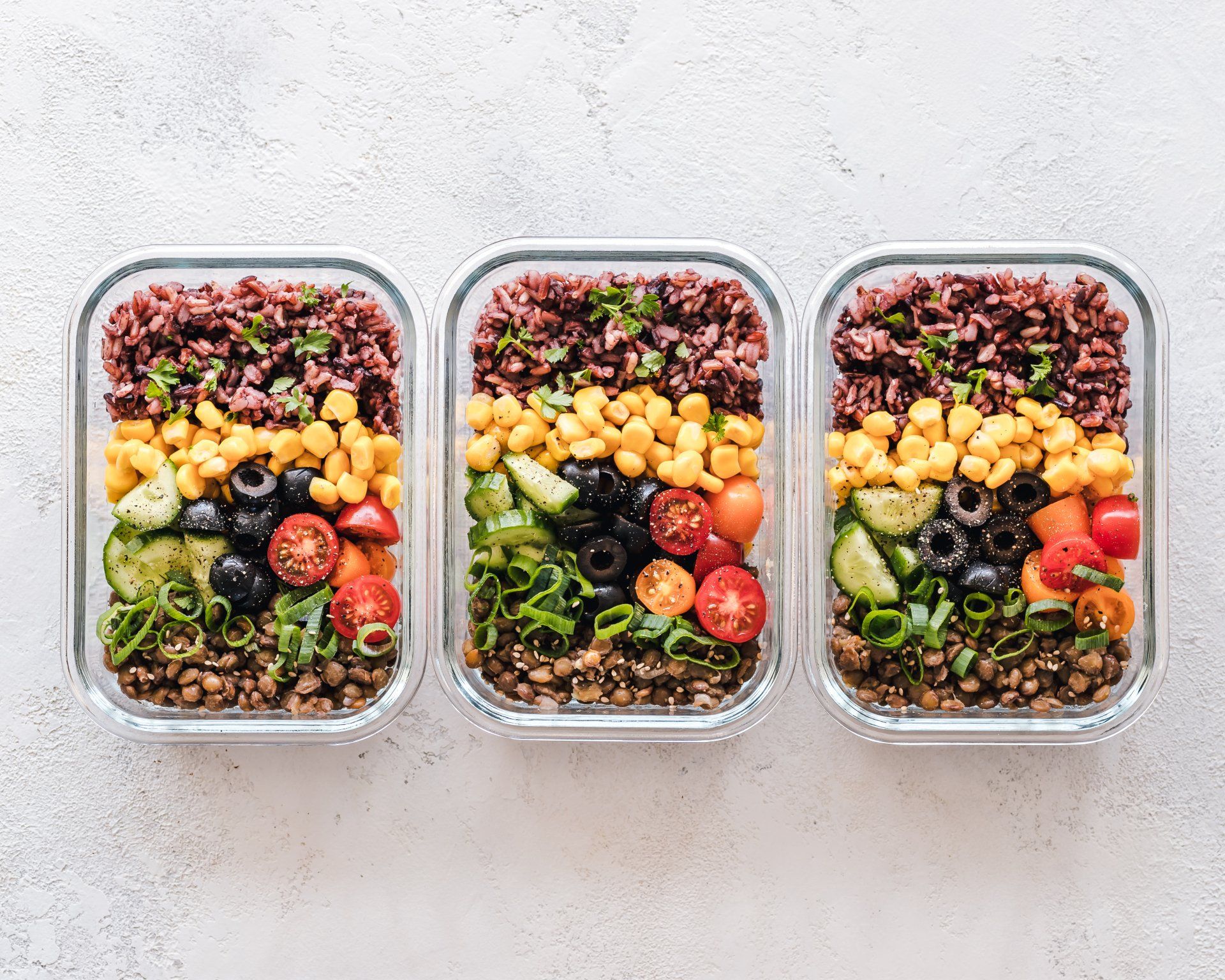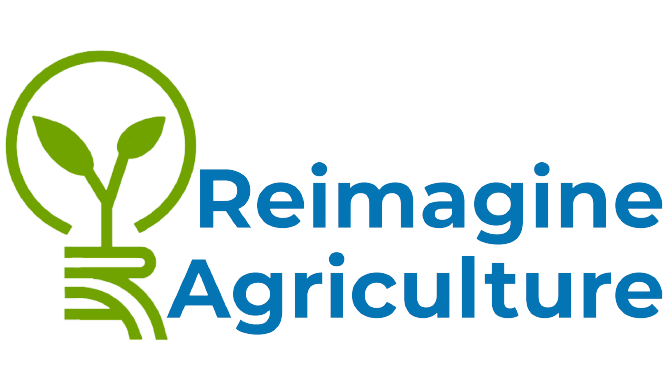What We're Reading
November 18, 2020
Looking for a new read? We've got you covered.
By: Allison Penner
How Not to Die
By: Dr. Michael Greger
There is no way for me to write this list without including this book! It’s focused on nutrition and is structured by first going through many chronic diseases and causes of deaths and then focuses on the foods to consume in the second half. My favourite part of Dr. Greger’s writing is its dedication to being fact based through its incredible amount of citations to peer-reviewed studies and articles that fill over 100 pages! The book continues to serve as a roadmap for how I plan what I eat each day for optimal nutrition.
Raising a rare girl : a memoir
By: Heather Lanier
I picked this up right in the days before I was scheduled to move which turned out to be a terrible idea as I could not put it down! It follows the journey of a mom raising a daughter who has a very rare genetic condition. The book doesn’t touch on anything directly related to agriculture, but it gives us a reminder that we need an agricultural system that serves everyone. This means meeting the needs of people who fall outside of the norm even when it poses unique challenges and difficulties. I found this book to be deeply thought provoking and meaningful.
Billion Dollar Burger: Inside Big Tech's Race for the Future of Food
By: Chase Purdy
This is a recently released book on the clean meat sector. It’s written by a journalist and it helps provide a really analytical perspective on the industry. For example, it talks about fetal bovine serum which is a really big issue to the industry moving forward. I would recommend this book to anyone interested in what the clean meat industry currently looks like as well as the reasoning behind the invention.
The sacred hoop : recovering the feminine in American Indian traditions
By: Paula Gunn Allen
This book highlights how women have largely been written out of Indigenous histories and traditions due to colonization. I really appreciated how good this book was about getting me to evaluate my own biases and perspectives. For example, she discusses how much of what we know about Indigenous life is through a settler perspective (the one we prioritize remembering). As that was an incredibly patriarchal society, we only learn about their traditions by people with those biases. It’s been a few weeks since I’ve read it yet I continue to think about the lessons it provides on a daily basis.
The year-round solar greenhouse : how to design and build a net-zero energy greenhouse
By: Lindsey Schiller
This was a really wonderful and fun read. I really liked that the book focuses on uniquely designing greenhouses to fit the different climates and needs of the individual. This is demonstrated through its discussion of different materials and building modifications and gives case studies throughout. It even included a Canadian-based example that made it work through closing the greenhouse in winter. I would really recommend this book for anyone interested in greenhouse construction.
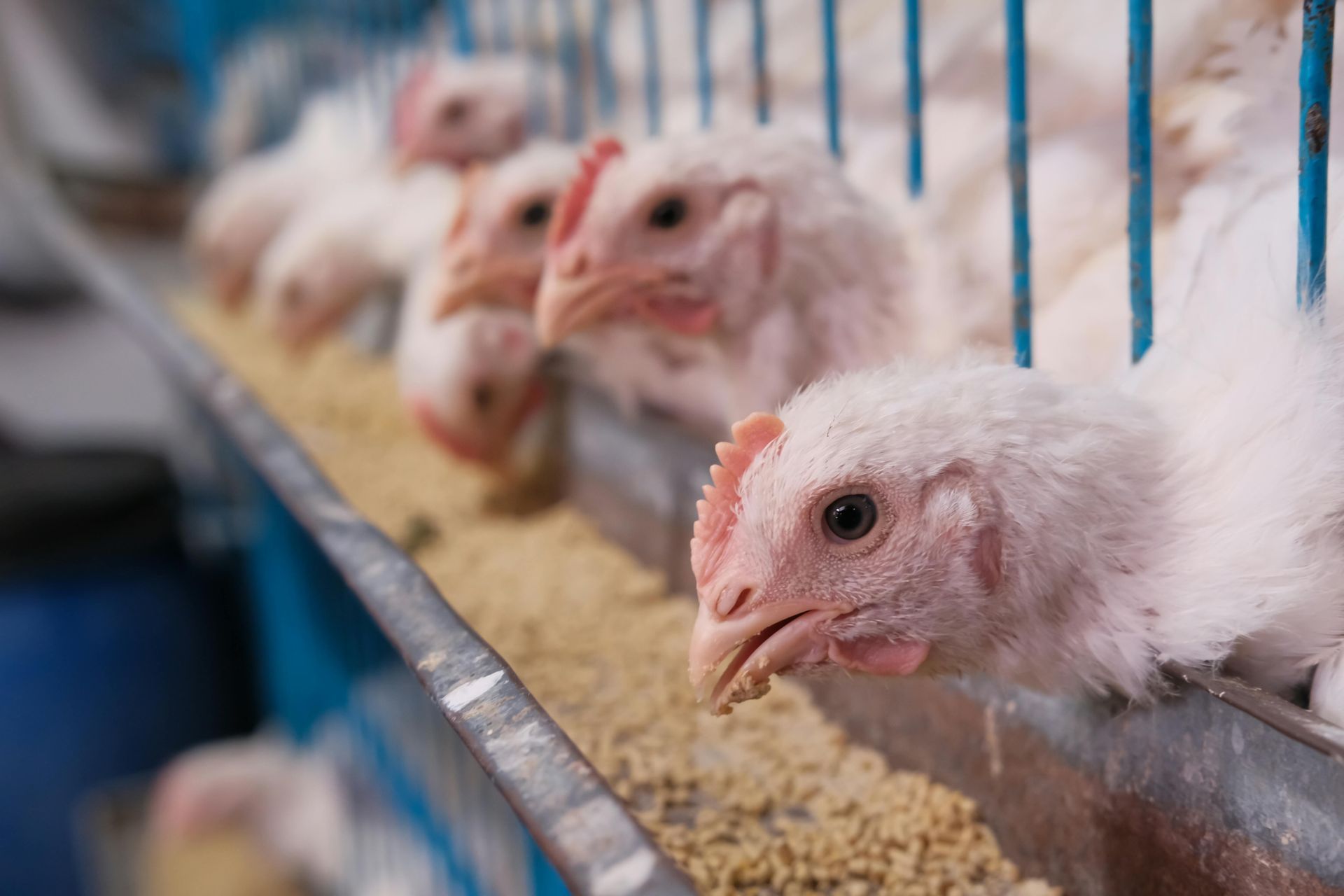
The 2024 Canada Animal Welfare Scorecard evaluated animal welfare commitments and transparency across 40 leading Canadian food companies. Focusing on cage-free eggs, gestation-crate-free pork, and adherence to Better Chicken Commitment (BCC) standards, the report uncovers serious gaps in transparency, industry-wide “humanewashing,” and persistent animal welfare issues. Here’s a breakdown of the most troubling findings. 1. Lack of Transparency in Major Retailers and Foodservice Providers Walmart Canada, Calgary Co-op, and Federated Co-operatives have demonstrated minimal transparency, failing to publish updates or roadmaps on their animal welfare commitments. Walmart Canada is the only top-five retailer in Canada not reporting any progress on welfare practices, despite publishing incremental updates in the U.S. Meanwhile, Calgary Co-op still lacks any published policies or progress toward ending confinement for hens and pigs, despite its members’ vote to support humane conditions over a decade ago. 2. Misleading Industry Claims and "Humanewashing" Tactics A major issue facing Canadian consumers is the widespread “humanewashing” in the food industry, where companies use misleading labels and terminology to suggest higher animal welfare standards than actually practiced. Companies like Burnbrae Farms label their eggs as “Nestlaid,” implying cage-free conditions, which leads nearly half of surveyed consumers to mistakenly believe these eggs come from open barns. Industry groups, including Chicken Farmers of Canada , amplify this confusion by using terms like “family farms” to evoke images of small, humane operations, even when products are sourced from intensive confinement systems. Rather than improving actual welfare standards, these organizations invest heavily in shaping public opinion through corporate responsibility reports and marketing campaigns, leaving consumers misinformed about the true conditions behind their food. 3. The Crisis of "Frankenchickens" in Poultry Production The Canadian poultry industry’s use of ultrafast-growing birds, often termed “Frankenchickens,” remains a primary welfare issue. These birds are bred to grow four times faster than chickens in the 1950s, resulting in painful health problems and limiting their ability to move or access food and water. Although companies have pledged to stop using these breeds by 2026, few have shown significant action on this front. Major Canadian poultry producers continue to use these breeds, creating severe welfare implications. 4. Continued Use of Gestation Crates for Pigs Gestation crates remain the norm across Canadian pork production, confining mother pigs in cramped stalls that prevent them from turning around. Some progress is evident, with companies like Costco and Starbucks Canada reporting steps toward group housing. However, Walmart Canada and Federated Co-operatives have not published policies or progress. While the industry timeline for complete phase-out stretches to 2029, these companies have yet to implement meaningful welfare improvements, prolonging extreme confinement for Canada’s 1.2 million breeding sows. 5. Slow Progress in the Shift to Cage-Free Eggs Despite growing opposition to cage confinement from Canadian consumers, the Canadian egg industry continues to invest in “enriched” cage systems that offer only minor improvements over conventional battery cages. Companies like Metro and Sobeys committed to sourcing cage-free eggs but report slow progress across their supply chains, while Calgary Co-op has yet to report any steps forward. Globally, over 2,600 companies have committed to eliminating cages, but Canada falls behind due to its reliance on slightly modified cage systems. Moving Forward: Accountability and Clear Roadmaps Required Companies need transparent roadmaps, annual goals, and consistent reporting to keep pace with rising consumer and investor expectations. Brands such as A&W Canada, Aramark, and Panago Pizza have set strong examples, publishing BCC-compliant policies and reporting progress, proving tangible progress is achievable. However, for others, a significant gapremains between public promises and the welfare practices in their supply chains.
